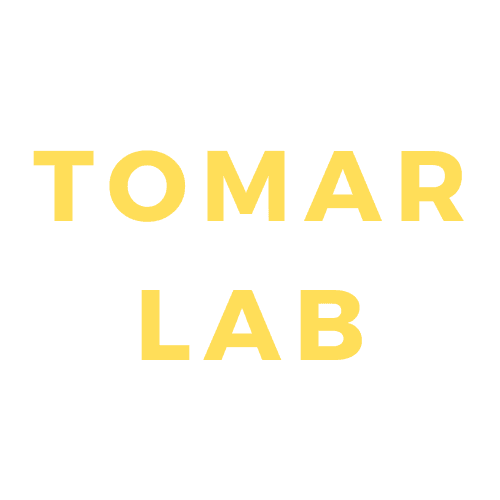Abstract
Objectives
Postmenopausal osteoporosis is one of most commonly occurring skeletal diseases leading to bone loss and fragility. Probiotics have been associated with various immunomodulatory properties and thus can be exploited to enhance bone health. In the present study, we report, to our knowledge for the first time, that oral administration of Bacillus clausii (BC) in postmenopausal osteoporotic (OVX) mice model enhances bone health.
Methods
BC was selected as probiotic of choice due to its established immunomodulatory properties. BC skews the Treg-Th17 cell balance in vivo by inhibiting osteoclastogenic Th17 cells and promoting antiosteoclastogenic Treg cell development in postmenopausal osteoporotic mice. Mice were divided into three groups (sham, OVX, and OVX + BC), and BC was administered orally in drinking water for 6 wk post-ovariectomy. At the end of experiment, mice were sacrificed and bones were analyzed for various parameters, along with lymphoid tissues for Treg-Th17 cells and serum cytokines.
Results
We observed that BC administration enhanced bone health. This effect of BC administration was found due to skewing of Treg-Th17 cell balance (enhanced Treg and decreased Th17 cells) in vivo. BC administration reduced levels of proinflammatory cytokines (interleukin [IL]-6, IL-17, IFN-γ and tumor necrosis factor-α) and increased levels of anti-inflammatory cytokine (IL-10).
Conclusions
The present study strongly supports and establishes the osteoprotective potential of BC leading to enhanced bone health in postmenopausal osteoporotic mice model.

